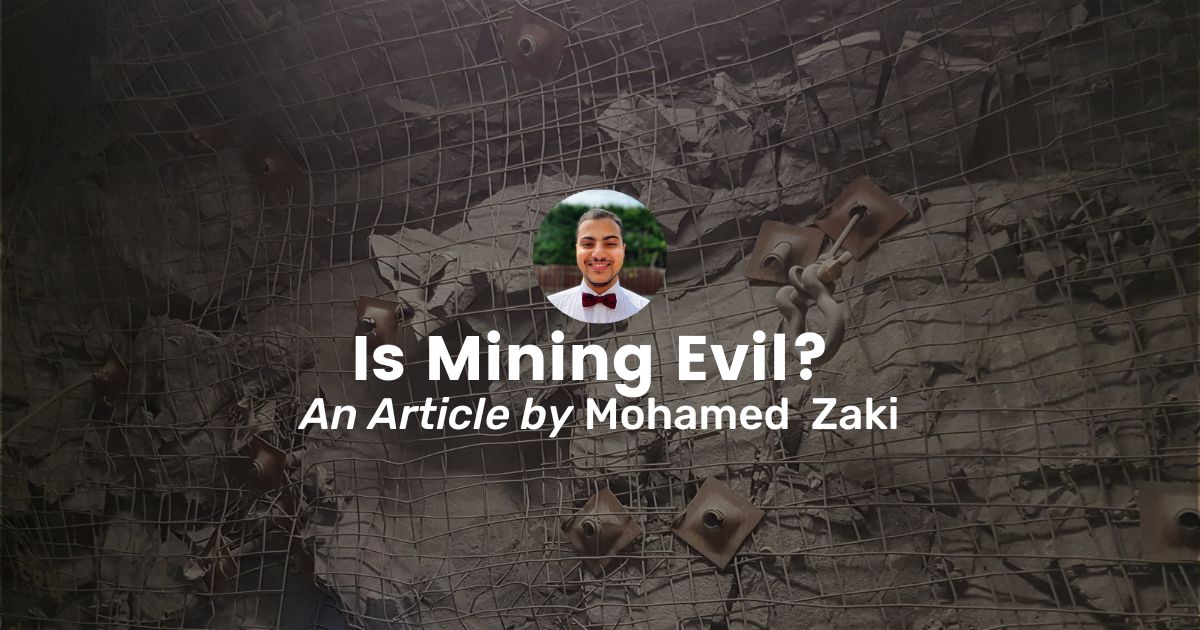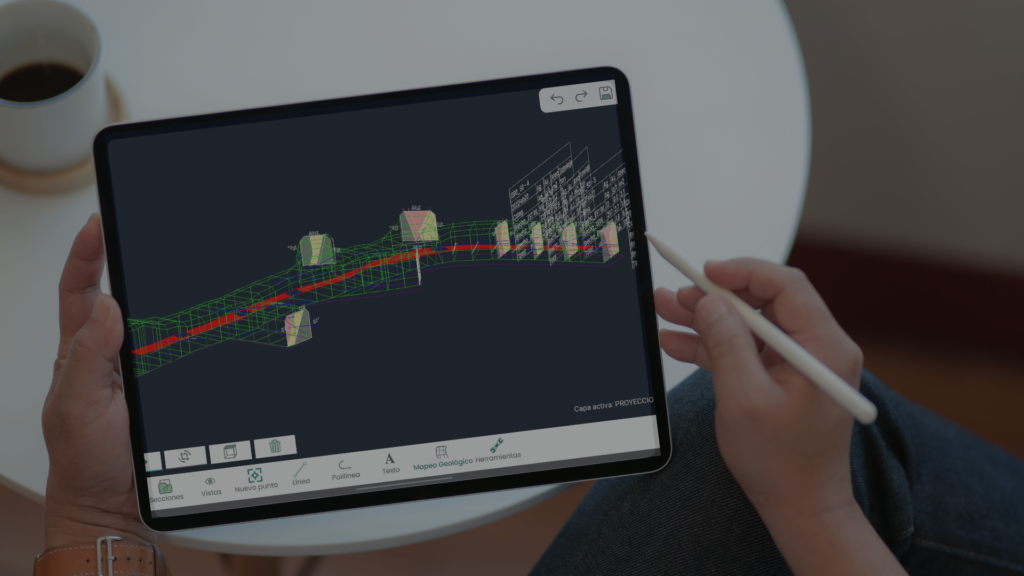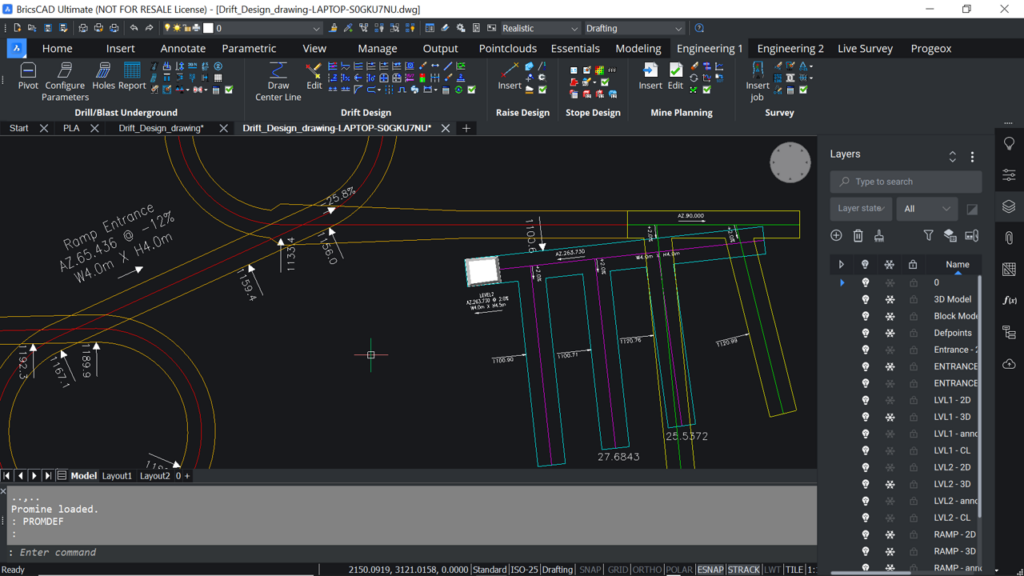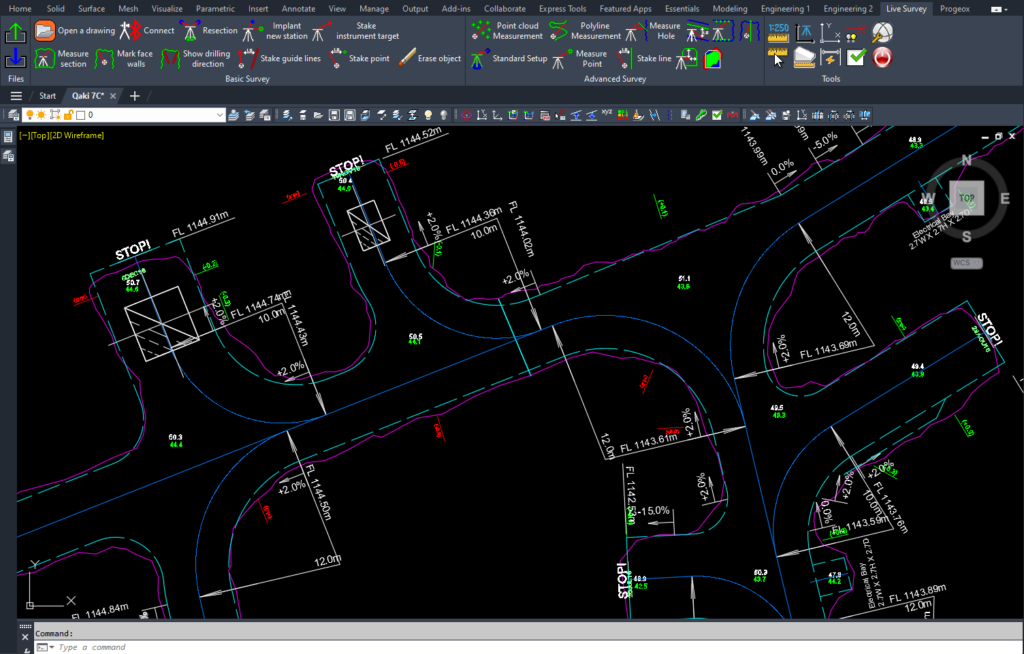A non-mining point of view
I’m not a mining engineer, nor a geologist. For the past four years, I have worked at a mining software company, although my background is primarily in business. At the beginning of my professional life, I worked in accounting and finance. My journey through my career has tilted me more towards financial management and business strategy than towards the study of the land and its minerals. Therefore, you can say very surely that my point of view is non-mining. My sympathy for animal causes have led me to give up meat consumption. I recycle and always try to reduce my carbon footprint. I drive a very efficient car and I don’t have a house full of state-of-the-art electronics. And having said that, I believe that legal, responsible and controlled mining is not evil.
As is the case behind all other human economic activity, mining has an effect on the environment. But, as is the case with agriculture and manufacturing, without mining there is no civilization. This is not to say that we should mine the land without any consideration or control, but to ask that there be no mining is to ask that we return to Neolithic times. And perhaps even further back, because already in the Neolithic era, our ancestors made use of stone tools and rudimentary mineral extractions from the earth. In other words, mining is closely linked to the progress and development of humanity.
Without mining there is no concrete to build. Without mining there are no minerals for agro-industrial production. Without mining, we can’t build machinery for labor and transportation. From where does the copper for electrical circuits come? How to produce lithium batteries without mining? Are we willing to abandon our full-of-minerals computers, to go back living in caves or straw huts, or never to see our loved ones on other continents again? Mining provides us with the raw material to be able to do all those great things that human ingenuity creates to facilitate our lives.
Mining also generates work. I’ve been told that mine sites only generate work for the operation’s employees. But this is far from reality. I will counterargue it in a very simple way: Let’s take the example of a copper mine. Large trucks are needed to extract copper. This already creates employment in the truck factory, in the truck distributor, also in the tire factory, and in the oil company that provides the raw material for the tires. Then, with the extracted copper, cables are produced that will be used, among many other things, for cell phones. Cell phones that create jobs in the telecommunications service sector, create work in the software application sector, and enable and facilitate the operations of many businesses around the world. Those same cell phones that are filled with copper, brass, aluminum, manganese, gold, silver, palladium, indium, antimony, phosphor, etc. Which are all extracted through mining processes. Ultimately, those cell phones will also need satellites for the operation of a wireless network. And yes, satellites are made with a myriad of minerals, which are also extracted from the earth.
In conclusion, many of the organizations and individuals who defend environmental and social causes, although necessary and just, should moderate their speeches and make it more realistic. Measures should be put in place for the creation and implementation of reasonable controls to reduce or eliminate contamination. Laws should be implemented to protect the environment without stopping the development of the people. Investment in new extraction techniques and better technologies should be funded to increase the efficiency of mining operations. Corrupt authorities preventing the proper distribution of mining-generated wealth should be persecuted and punished. And finally, we must ask to end illegal mining, which is actually the biggest polluter and main reason for the demonization of the mining industry. We must, then, accept that responsible and sustainable mining is not evil but vital for present-day civilization.





